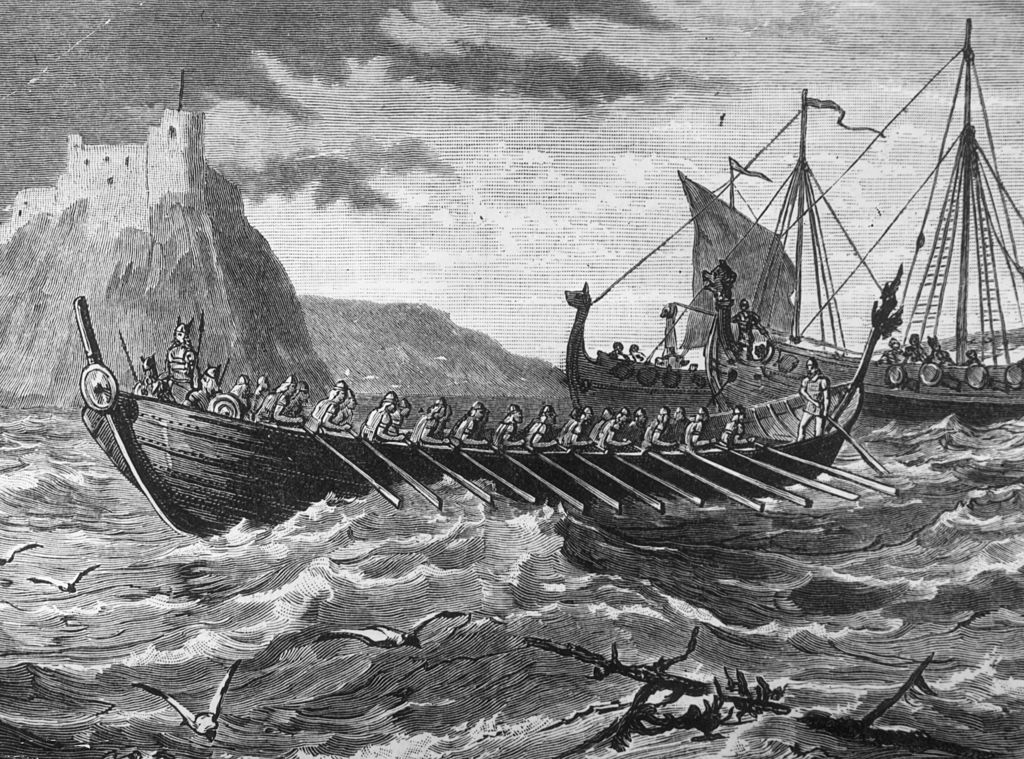Sea-level rise may have pushed the Vikings from their settlement


A free daily email with the biggest news stories of the day – and the best features from TheWeek.com
You are now subscribed
Your newsletter sign-up was successful
The Vikings lived in what is now Greenland between the years 985 and 1450 before they abruptly disappeared from the region. The reason why they left a fairly successful settlement has eluded historians, but new research published in the journal PNAS may have pinpointed a key reason. The study found that "sea-level change ... represents an integral, missing element of the Viking story."
"There's been a shift in the narrative away from the idea that the Vikings completely failed to adapt to the environment and toward arguments that they were faced with a myriad of challenges, ranging from social unrest, economic turmoil, political issues, and environmental change," said the study's lead author Marisa Borreggine. "The changing landscape would've proven to be yet another factor that challenged the Viking way of life."
Using computer models, researchers discovered that during the time of the Vikings' occupancy, the sea surrounding Greenland would have risen close to 10 feet. This would have led to significant flooding, CNN writes. Much of the rise came because of the Little Ice Age which occurred during the period. Contrary to what one may expect, during this cooling of temperatures, the sea level actually rose in the region because the Greenland Ice Sheet "pushed down the land around it, something like the dent that forms around you if you sit on a waterbed," per study co-author Richard Alley. "The greater ice mass close to the shore raised the ocean."
The Week
Escape your echo chamber. Get the facts behind the news, plus analysis from multiple perspectives.

Sign up for The Week's Free Newsletters
From our morning news briefing to a weekly Good News Newsletter, get the best of The Week delivered directly to your inbox.
From our morning news briefing to a weekly Good News Newsletter, get the best of The Week delivered directly to your inbox.
Climate change during this time was a natural occurrence that took place in a cycle, however because of modern-day industrialization, the environment is changing at a much more rapid pace. Today, communities are still being displaced as a result of rising sea levels and flooding. "The Vikings didn't really have a choice," remarked Borregine. "They couldn't stop the Little Ice Age. We can do work to mitigate climate change. The Vikings were locked into it."
A free daily email with the biggest news stories of the day – and the best features from TheWeek.com
Devika Rao has worked as a staff writer at The Week since 2022, covering science, the environment, climate and business. She previously worked as a policy associate for a nonprofit organization advocating for environmental action from a business perspective.
